Coronavirus: Double vaccine rollout in plan to defeat Covid
Nation’s top scientific minds may recommend a second round of immunisations if original vaccine program cannot stop virus’ spread.
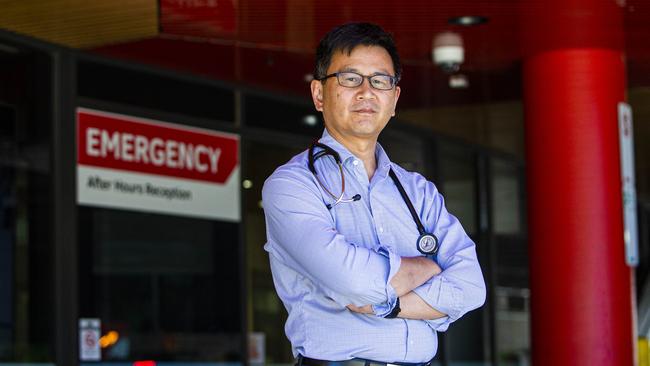
The nation’s top scientific advisers could recommend the rollout of a second round of immunisations to achieve herd immunity if the original vaccine program fails to control the spread of COVID-19.
But Allen Cheng, co-chair of the Australian Technical Advisory Group on Immunisation, said Australia’s COVID-19 vaccine plan would allow an easing of restrictions even if herd immunity was not fully attained in the first phase.
In an interview, Professor Cheng described the attainment of herd immunity as a “long-term goal” that might involve Australians getting immunised with more than one jab of different types as it became clear which vaccines most effectively stop transmission of coronavirus.
Laying out the nation’s vaccine strategy, Professor Cheng said the immediate aim was protection from disease and the rollout of the first available doses to all Australians as soon as possible.
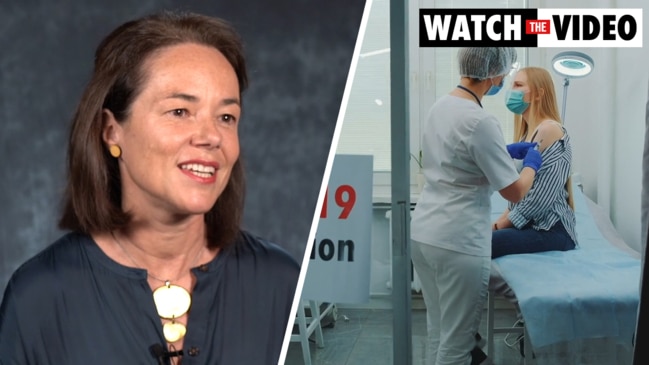
“We’re going for protection to start with; we want to stop people getting sick and dying,” said Professor Cheng, an infectious diseases chief at Alfred Health and professor of infectious diseases epidemiology at Monash University.
“That will mean that we will give the vaccine firstly to people who are at the highest risk of getting sick and dying.
“And if you need vaccines again in the future, we’ll be ready for that. But it’s better to get one now than not to get one.”
Australia’s vaccine strategy has been under intense scrutiny in the past week, with concerns that the widespread rollout of the AstraZeneca vaccine, which has an efficacy rate of 62 per cent in people who got two full doses, would not result in herd immunity.
The Pfizer jab, which will be the first vaccine to be approved in Australia, has a higher efficacy of 94 per cent, but will only be given to five million Australians at this stage, with the government in continuing talks with the pharmaceutical giant over further supply.
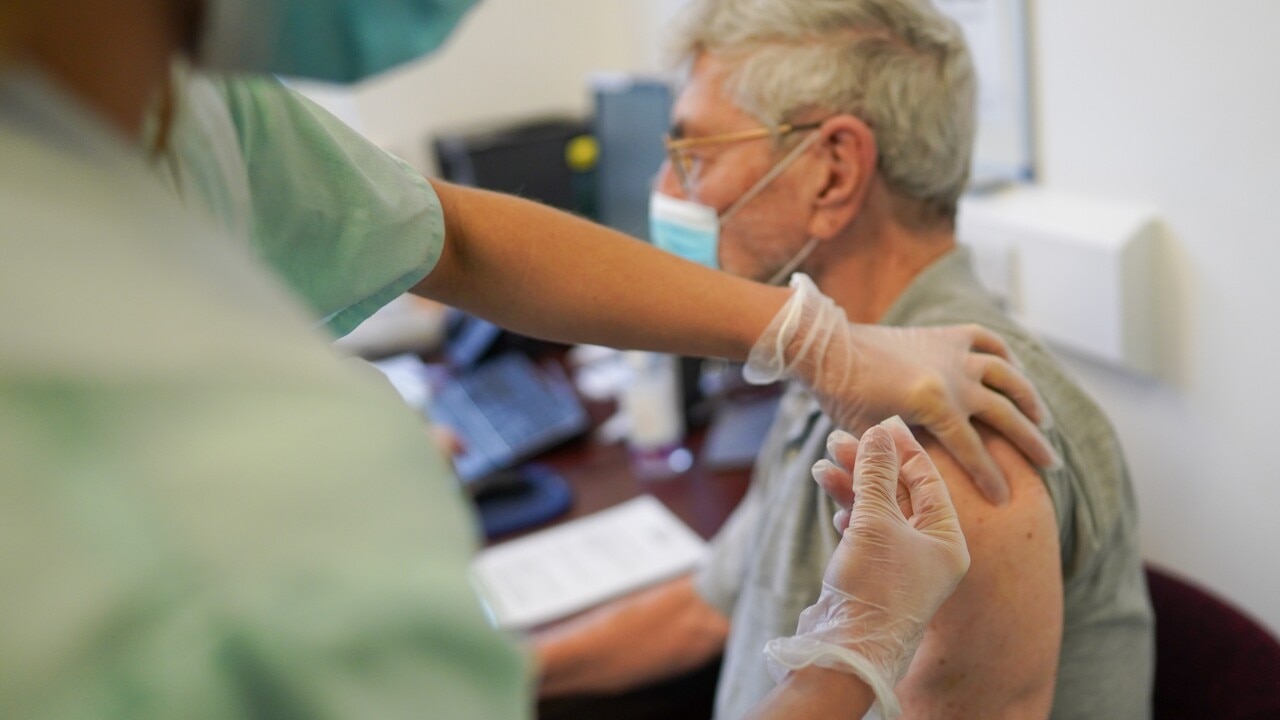
The Australian Academy of Science has strongly backed the rollout of the AstraZeneca vaccine to the majority of the population provided it is approved by the Therapeutic Goods Administration.
Australia has ordered 53.8 million doses of the AstraZeneca vaccine which is expected to be available from March.
Professor Cheng said that if a large proportion of the population was vaccinated this year, it would allow an easing of restrictions even if it did not result in herd immunity in the short term.
“If you can get a certain proportion of the population that’s completely immune, then, outbreaks just don’t happen,” he said.
“But even where there may not be full protection against transmission, vaccination will help to some extent. It will allow us to do more things. We may not have to have the same degree of public health restrictions as we would have if we didn’t have any vaccination at all.”
Professor Cheng conceded herd immunity might not be able to be achieved during the first phase of the vaccination program.
“I think you’d say herd immunity is a long-term goal,” he said. “So yes, we would like to get to herd immunity. But we just have to use the tools that we have at the moment and if it turns out that they don’t give herd immunity, so be it. But ideally in the longer term, yes, we would like to get that.”
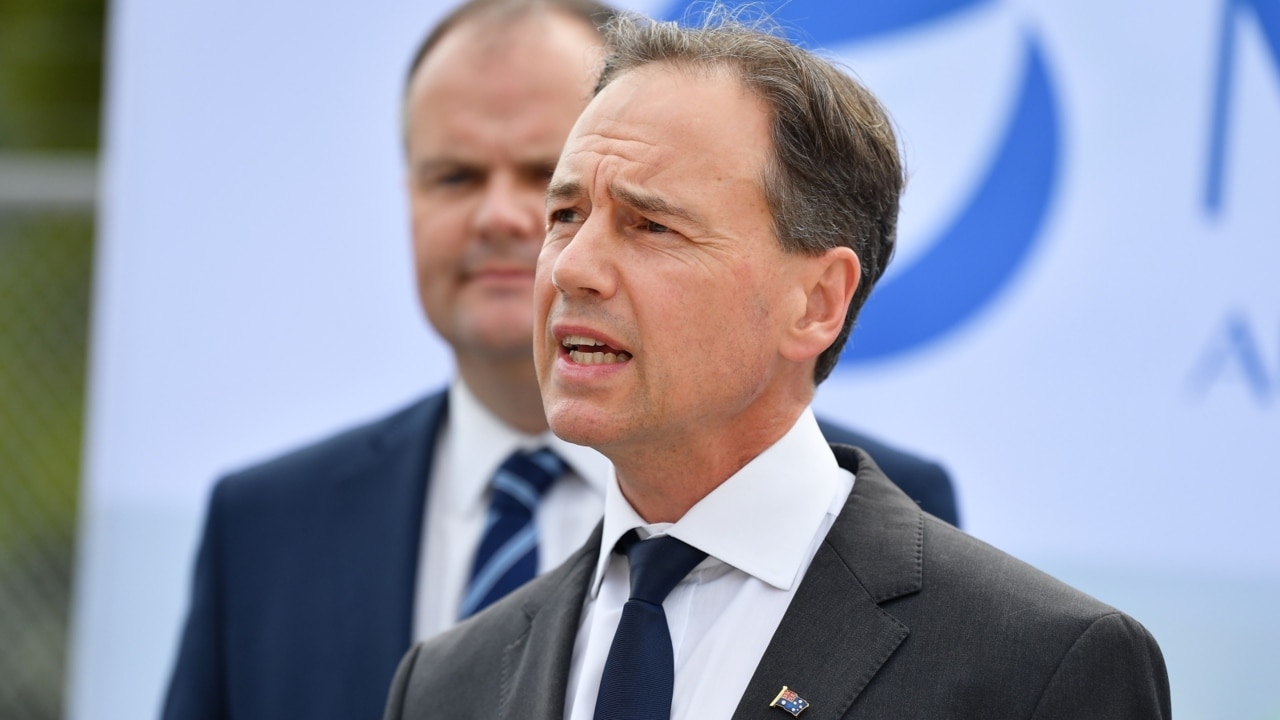
Professor Cheng said it was not yet possible to say whether the administration of any vaccine would result in herd immunity in the population, because it was not known how effectively any of the COVID-19 vaccines would stop transmission of the SARS-CoV-2 virus.
“I don’t think it’s clear for any vaccine really,” Professor Cheng said. “For the Pfizer vaccine, they actually didn’t study it at all in the clinical trials. So we don’t actually know at all whether it results in immunity that will prevent transmission. They are planning to look at it, but that data isn’t available.
“The exact amount that the AstraZeneca vaccine that reduced transmission is a bit hard to work out from the available data.
“And so our aim in the first phase is to get the vaccines that we have out to as many people as we can. Anyone that’s able and wants to get a vaccine, we need to be able to offer it to them.”
Professor Cheng said the commonwealth’s top advisers on vaccination would be closely monitoring data in other countries to determine how well different vaccines types stopped transmission and how long the immunity they conferred lasted.
“At this stage, we don’t really know exactly how long protection will last for,” he said.
“If we’re lucky, it may last years. But we need to be ready if it doesn’t last. If it only lasts for a year or shorter, then we need to work out what we’re going to do next about making sure that everyone has a better degree of protection.
“And then that’s where we might think about a better degree of protection against transmission and those sorts of things.”
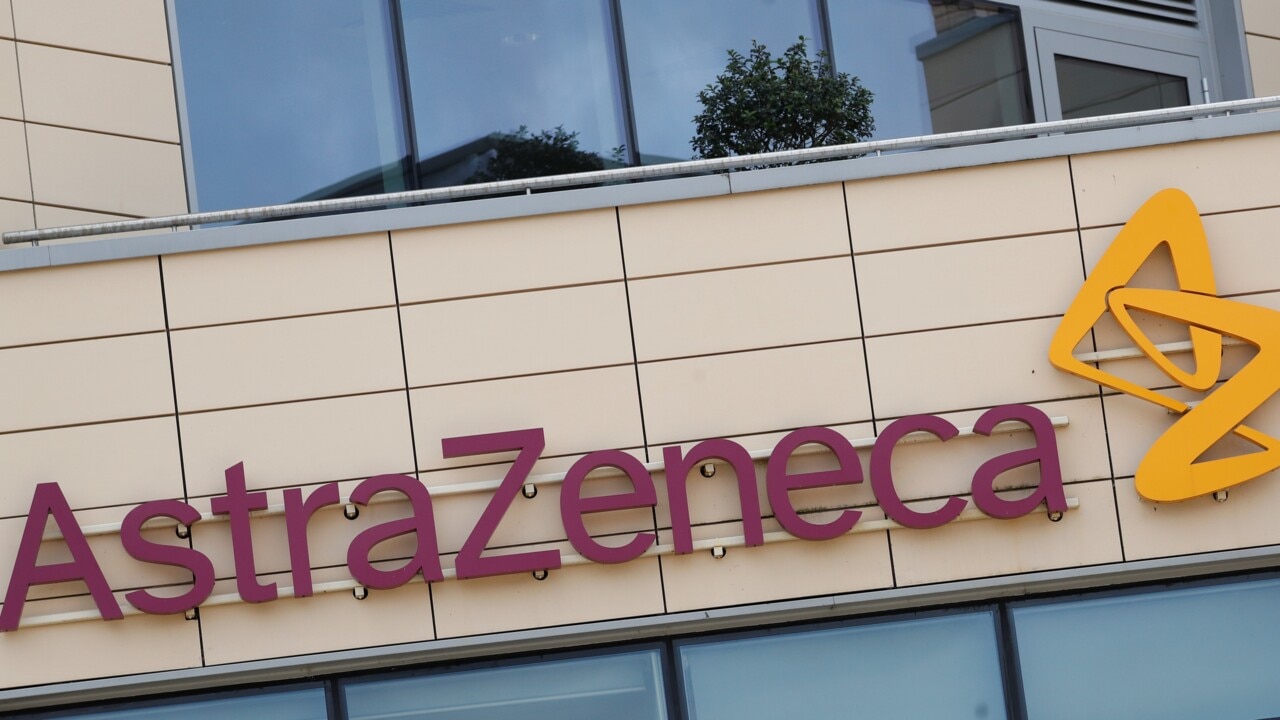
Professor Cheng left open the possibility that if Australia did not achieve herd immunity during the vaccine rollout’s first phase, people could receive a different, more effective vaccine later.
Australia has ordered 51 million doses of the Novavax vaccine which is expected to become available later this year.
“The order of vaccines is a little bit difficult,” Professor Cheng said. “With the AstraZeneca vaccine, you probably can’t get it again. So if you get the two doses, then you probably can’t get a third dose down the track.
“But with the mRNA vaccines, we think it’s fine. We need to study that and make sure that that’s completely true.
“And that would be the same with other vaccines in the future, so for Novavax, you’d be able to get that later, whichever vaccine you got first.
“And again, it depends a little bit on how good these vaccines turn out to be.
He said that, whichever vaccination they received, Australians could be confident that the regulator, the Therapeutic Goods Administration, was satisfied of its effectiveness.




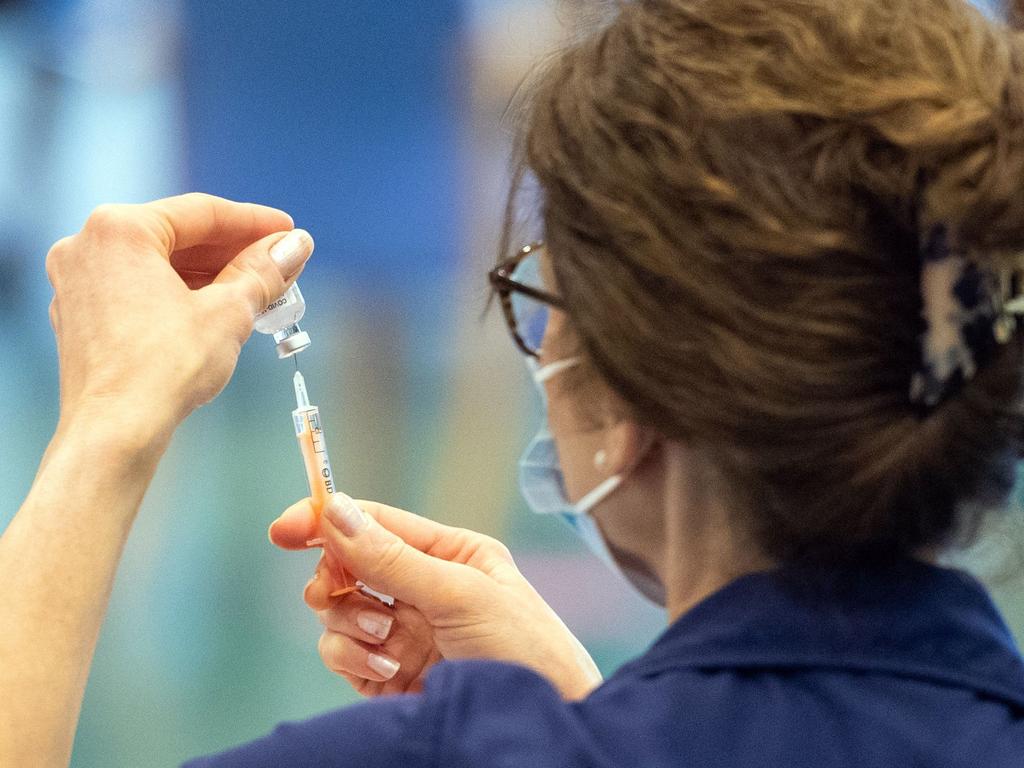
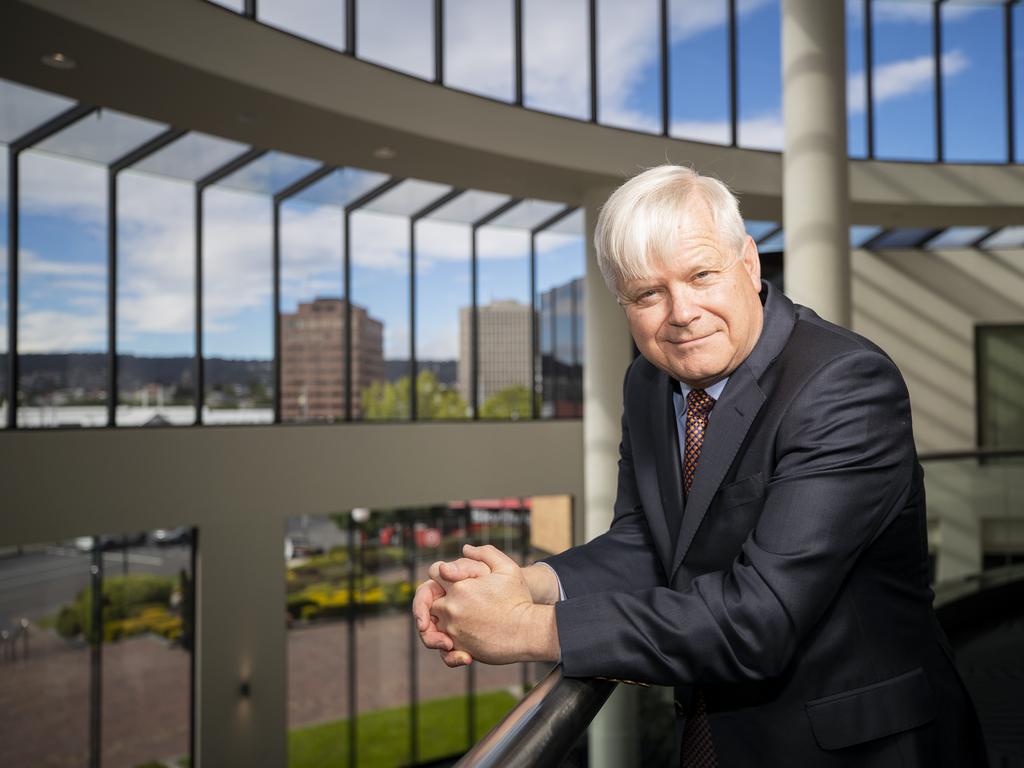


To join the conversation, please log in. Don't have an account? Register
Join the conversation, you are commenting as Logout